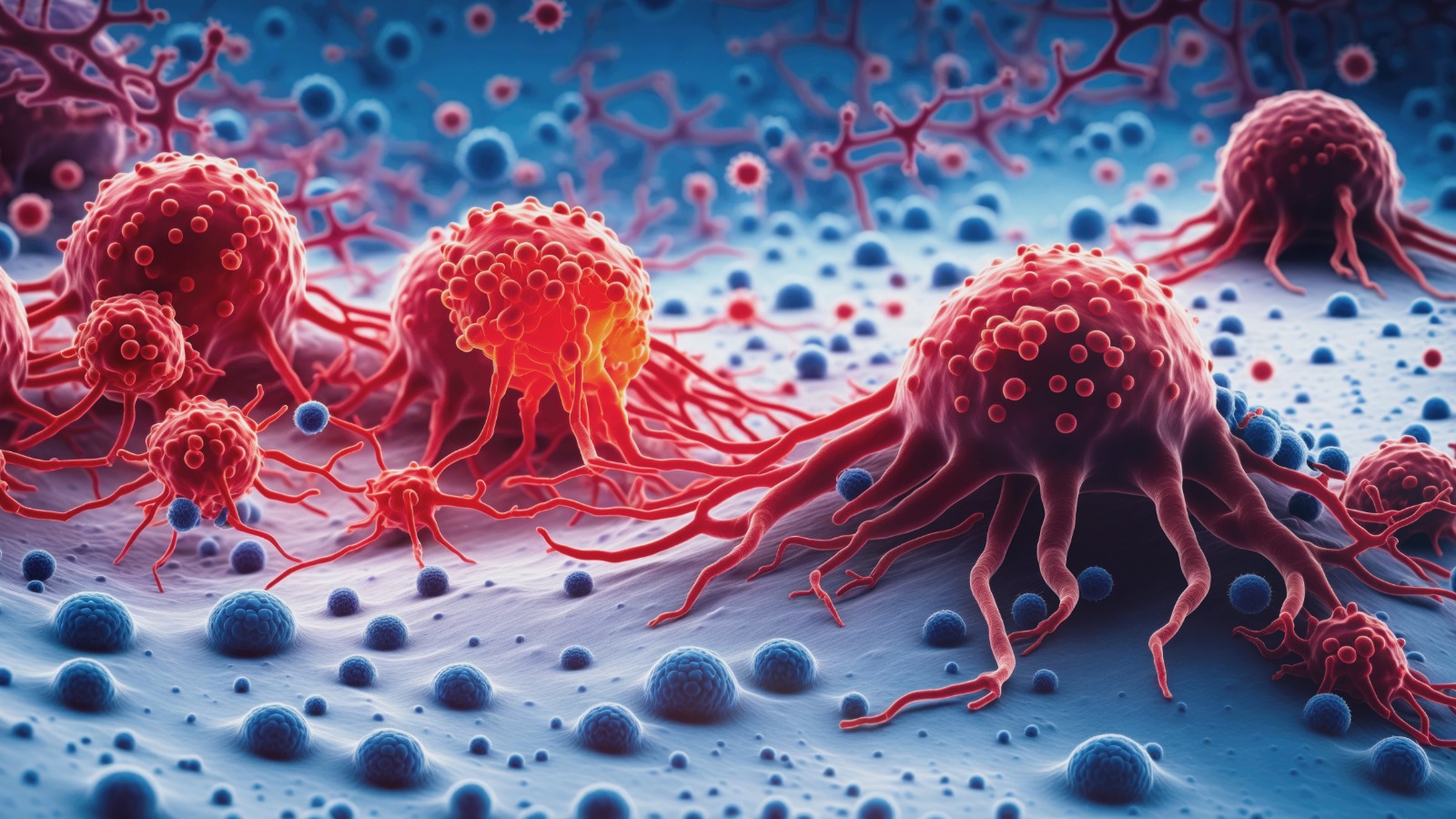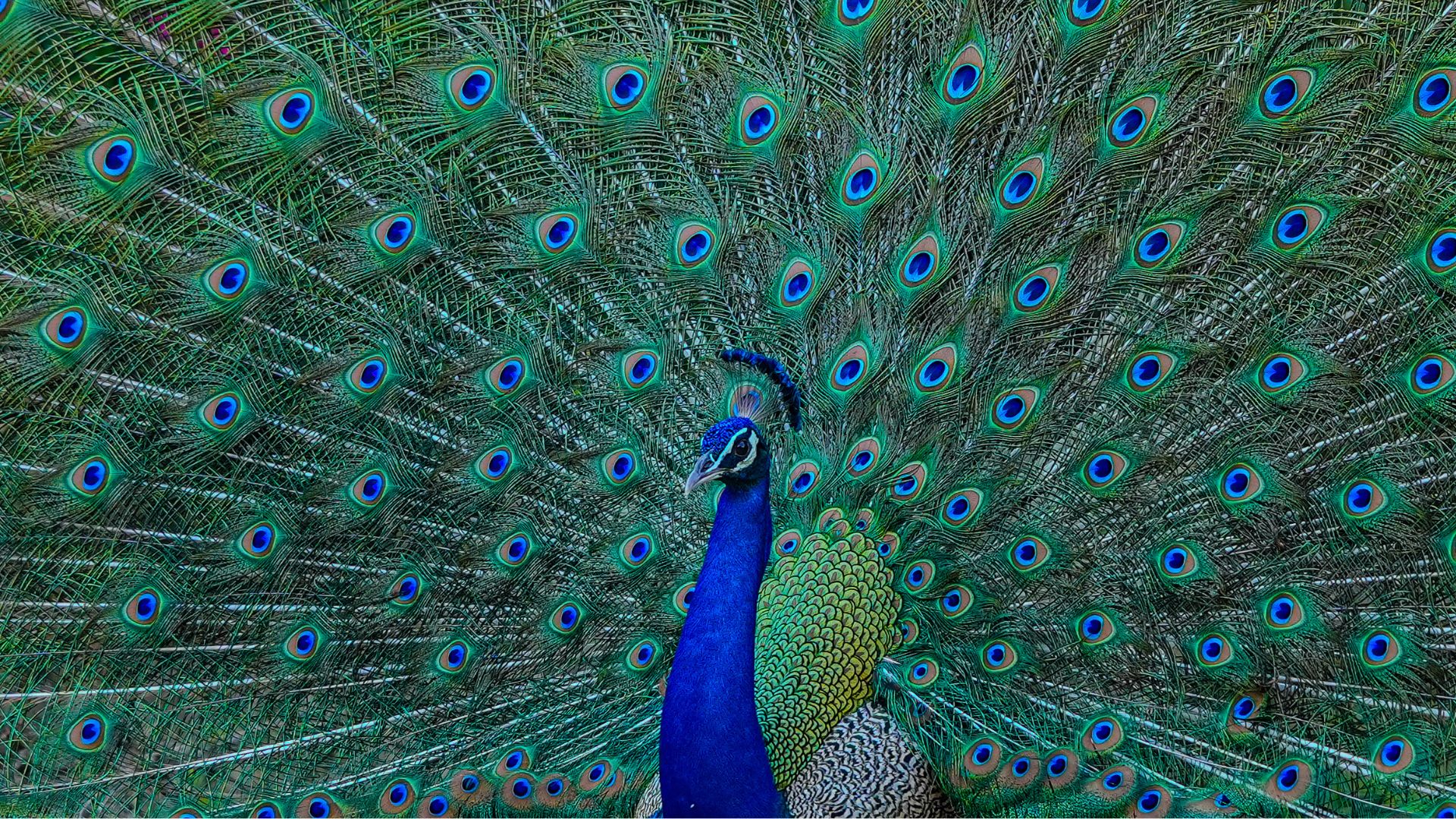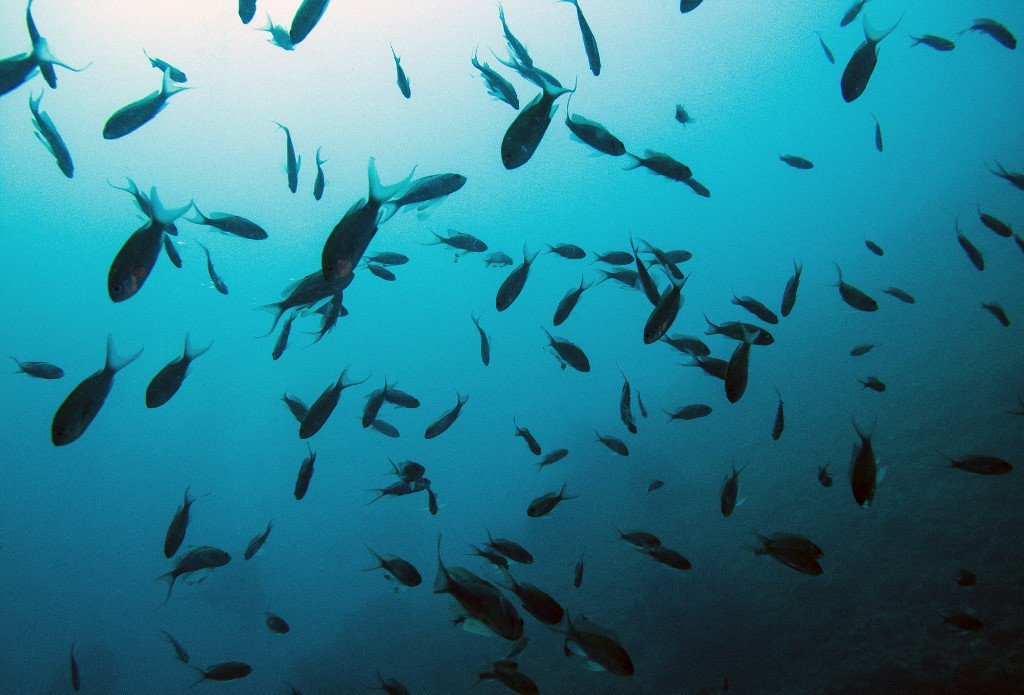Unlocking the Secrets of Cancer Resistance: Insights from Elephants and Other Animals

For decades, the scientific community has grappled with a fascinating phenomenon known as Peto’s Paradox. This intriguing concept posits that larger animals, which typically possess longer lifespans, should be more prone to developing cancer. This expectation arises from the basic premise that larger creatures have more cells and, consequently, a greater opportunity for genetic mutations to occur. Surprisingly, however, species such as elephants, whales, and other large mammals appear to experience cancer at significantly lower rates than humans.
Recent research is beginning to unveil the reasons behind this paradox. A pivotal study conducted in 2015 revealed that elephants possess an extraordinary advantage: they carry 19 additional copies of a crucial gene known as TP53. This gene serves a vital function as a genetic safeguard, effectively detecting DNA damage and triggering the death of potentially cancerous cells. This enhanced genetic defense system likely explains why elephants, despite their considerable size, maintain remarkably low cancer rates.
A more recent study has broadened the scope of this investigation to encompass nearly 300 different animal species. Researchers meticulously analyzed over 16,000 necropsy records, discovering that elephants are not the only species with evolved mechanisms for cancer resistance. Several other animals, including certain birds, bats, and even some reptiles like lizards, demonstrated strikingly low cancer incidence rates. In contrast, species such as ferrets and opossums exhibited significantly higher cancer rates, underscoring a wide variability in cancer resistance across the animal kingdom.
The study also delved into how various biological traits impact cancer risk. Interestingly, while larger body mass was found to correlate with a slightly increased risk of developing cancer, this link was not as pronounced as anticipated. Furthermore, animals with longer gestation periods tended to have a lower cancer risk. This may be attributed to enhanced cellular safeguards that develop during the extended growth of the fetus. Notably, the researchers discovered that animals living in captivity did not showcase artificially elevated cancer rates, which could be attributed to their longer life expectancy compared to their wild counterparts.
These findings raise an important question for human cancer research: what implications do they hold for us? The TP53 gene is already recognized as a critical factor in human cancer prevention and risk assessment, yet humans only possess two copies of this vital gene. By studying how elephants and other species bolster their cancer defenses, researchers hope to glean insights that could lead to innovative cancer treatments, enhancing human cells' resilience against cancer.
The overarching goal of this research is to explore the potential of mimicking or enhancing the effects of the TP53 gene to aid physicians in developing therapies aimed at reducing cancer incidence or slowing its progression. The field of comparative oncology, which investigates cancer across various species, is just beginning to unveil these complex biological secrets. As researchers continue to explore how different animals resist cancer, they aim to translate these discoveries into meaningful medical advancements for human health.




























